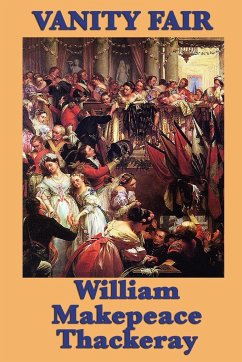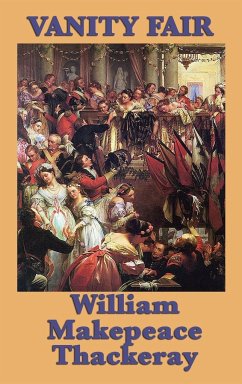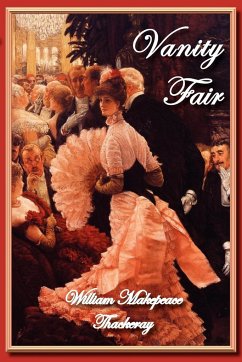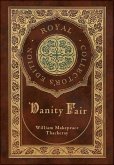The book's title comes from John Bunyan's allegorical story The Pilgrim's Progress. Vanity fair refers to a stop along the pilgrim's progress: a never-ending fair held in a town called Vanity, which is meant to represent man's sinful attachment to worldly things. The novel is now considered a classic, and has inspired several film adaptations.
Hinweis: Dieser Artikel kann nur an eine deutsche Lieferadresse ausgeliefert werden.
Hinweis: Dieser Artikel kann nur an eine deutsche Lieferadresse ausgeliefert werden.








